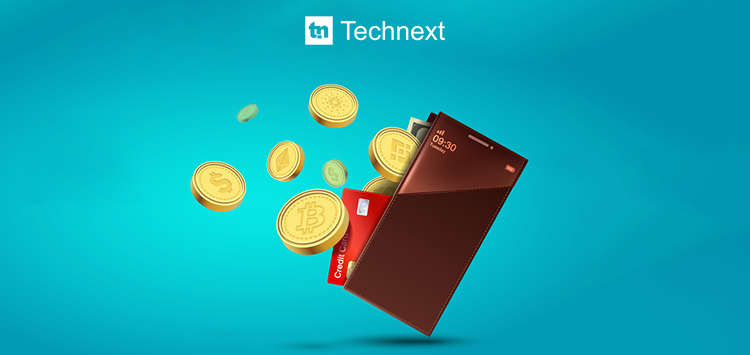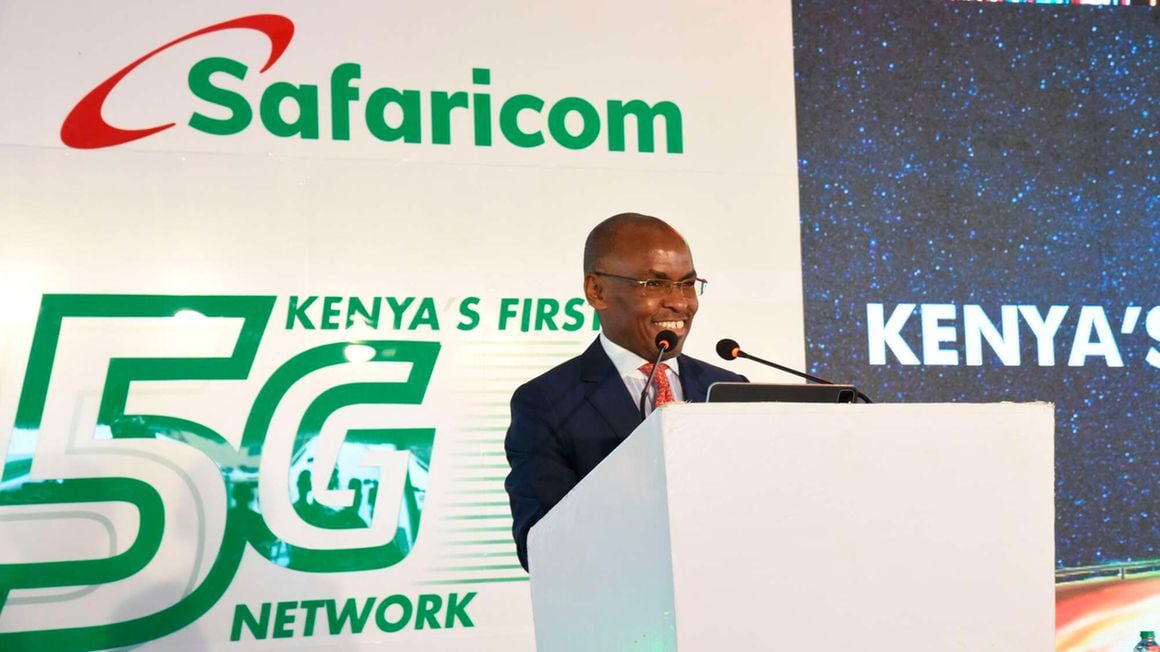Since 2020, crypto adoption has been rising rapidly in Nigeria. According to Paxful, Nigeria is second in the world only to the U.S in bitcoin trading. Nigeria has the highest per capita rate of crypto ownership in the world, at 31.9%, according to Statista. In addition to hundreds of thousands of retail investors, institutional players, firms, and companies have joined the industry to gain exposure and profit from the burgeoning financial sector.
However, apart from being an investment and trading scheme, a crucial aspect of cryptocurrency that most Nigerians are not yet exploring is payment usability.
In April 2021, George Residence, a hotel in Lagos, announced its plans to start accepting BTC payments and became the country’s first to do so. Nevertheless, the available number of companies that accept crypto payments in the country remains hugely underwhelming.
Considering this unprecedented innovation in the history of finance, many crypto advocates advise and expect Nigerian businesses to replace fiat currencies with crypto in their payment methods. While the mainstream adoption of digital asset payment methods in Nigeria can definitely happen, it is still years away, as it still has some challenges to overcome.
Nigerian crypto ban
The Nigerian government has in place some of the world’s most onerous anti-crypto regulations. In February 2021, Nigeria banned banks and other licensed financial institutions from handling crypto transactions and warned of severe sanctions for violations. Hoping to curb demand for other digital tokens, the country also launched its own virtual currency, the eNaira, backed by its central bank.
Unless the Nigerian government has a u-turn or soft stance, which would allow them adopt crypto as a payment method, businesses (big names and small names) will not fancy being caught in the web of ‘illegal’ activity’.
Volatility
Unlike major fiat currencies like naira or dollar, digital assets are subject to increased volatility. For retailers, a 5% drop in BTC’s value can be huge enough to generate losses on an order. There is also no clear-cut certainty that a coin’s price will return to the level the customer used to pay for the transaction.
Although, businesses could decide to accept only stable coins (USDT, USDC, eNaira etc). However, such a move might be counterproductive, as it might drive away crypto enthusiasts who prefer to pay via digital assets like Bitcoin, Ether, Dogecoin, etc.
Cash flow issues
Even if a business solves the problem of volatility, in the current Nigerian system, it is uncommon to pay staff, suppliers, contractors, and other partners with digital assets. In this connection, the business still has to use fiat to settle these payments. There is no way a Nigerian business owner can give staff BTC or ETH and expect them to use it to settle their everyday bills like they would with fiat. According to nigeriabitcoincommunity.com, the number of stores and businesses that accept crypto in Nigeria is not more than ten. This means we cannot yet pay for groceries, rent, electricity bills, or tuition fees with digital assets.
Crypto sentiments in Nigeria
There is this sort of myopic stance that older folks have against crypto. They believe it is a sort of ‘magic money’ and many of them show resentment towards young crypto traders that have made it big. According to finder.com, in Nigeria, those aged 18-34 dominate crypto ownership at 71.3%, 35-54 year olds at 14.8% while those aged 55+ come in last with 13.9%.
Although it will attract to the store some young, tech-savvy people by replacing fiat or adoption of crypto payments, it will likely make Nigerian businesses lose the majority or at least a significant amount of their existing customers, especially the older age groups.
We insist


Considering the challenges, it is apparent that Nigerian businesses are not yet ready to replace conventional payment methods with digital assets. With the current state of crypto adoption, cryptocurrencies are more likely to function as a complementary method to fiat.
In the future, crypto might become a viable alternative to fiat and compete strongly with traditional currencies in payments. But for that to happen, the overall infrastructure and landscape in the Nigerian business scene would have to go through significant changes.
The bright side is that some startups are exploring the new possibilities that digital assets bring into the world of business and payments, with the gap between crypto and fiat gradually becoming shorter.






